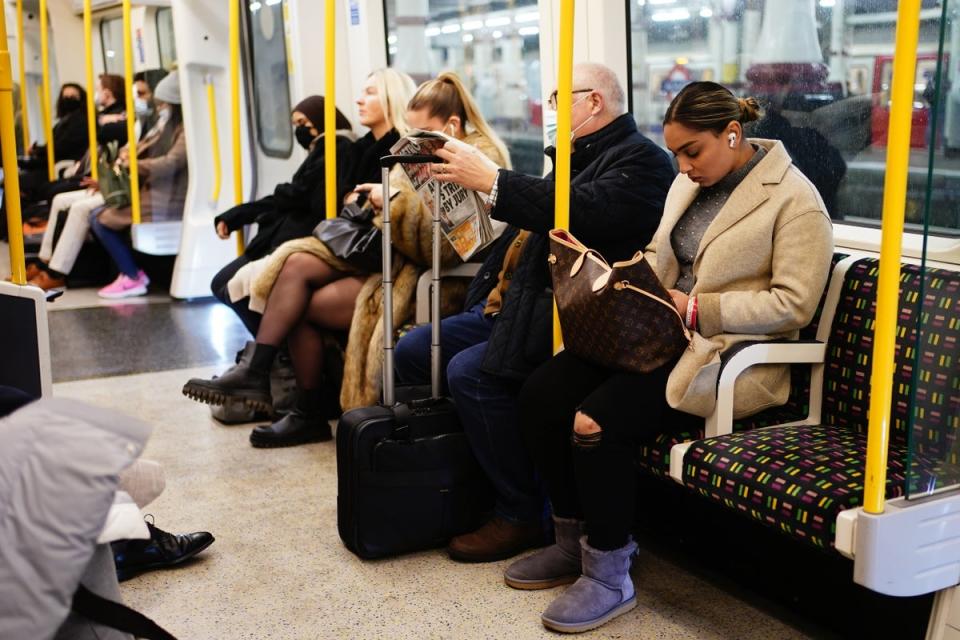Number of women founding businesses soared during the pandemic

The proportion of women who set up their own businesses during the pandemic rose faster than for men, data suggests.
The share around the world increased by 45% for women between 2019 and 2020, but only rose 32% for men.
The overall proportion of women founding their own businesses was also considerably higher than the proportion of men, LinkedIn data reveals.
The social media site, in partnership with the World Economic Forum, said women are more likely to work in retail and hospitality jobs that were most impacted by lockdowns during the pandemic, so it was not surprising that women should turn to entrepreneurialism during the pandemic, as they faced more time at home.
The pandemic also opened new opportunities as traditional working patterns were upended.
The number of female founders grew the most in finance, retail and education between 2016 and 2021, the research found, more than doubling in all three sectors.
Portugal and Belgium performed particularly well over the period.
The data also shows that women remain underrepresented in higher levels of the workplace, making up 46% of entry-level roles but only 35% of managerial positions and 25% of C-suite jobs.
“Women remain severely underrepresented at leadership level and are significantly less likely to be promoted internally to leadership roles,” the report said.
Sue Duke, head of global public policy at LinkedIn, said: “The pandemic hit working women harder than men, as traditional gender roles took hold and female-dominated sectors bore the brunt of lockdowns.
“The serious lack of women in leadership positions continues to be a real problem, yet data shows that male colleagues are far more likely to be promoted into leadership roles.
“Given the economic and workplace turmoil of the past few years, women have sought to take control of their careers and set up their own businesses.
“While some women were pursuing their passions or seeking out greater flexibility, many women became ‘necessity entrepreneurs’, due to a need for income or because of a lack of opportunities at work.
“We have to recognise that many of these entrepreneurs had their hands forced by inequitable working environments and we must take urgent steps to make workplaces work for women.”

 Yahoo Finance
Yahoo Finance 